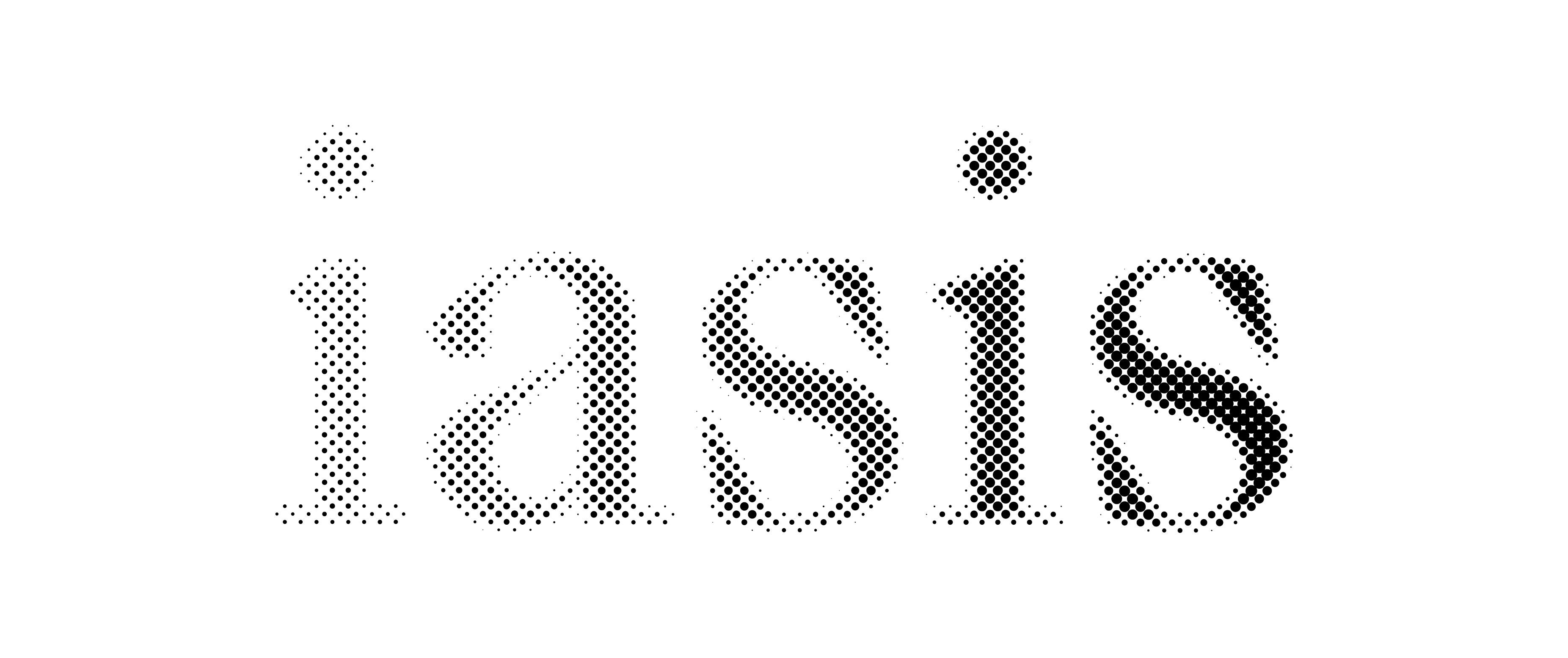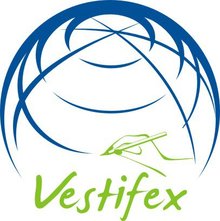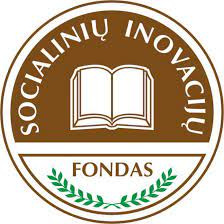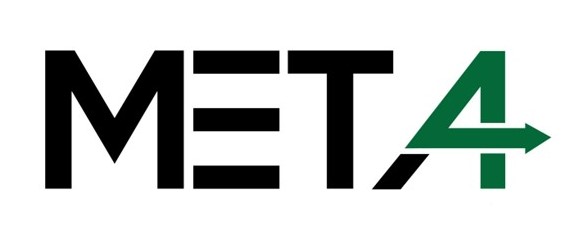Project Description
Title: PEACE – Parasympathetic stimulation Enhancing Activities as Enablers
Project Number: 2022-2-AT01-KA210-ADU-000093775
.
The PEACE project is a European project that aims to enhance the competences of adult educators in ensuring learning success of adults suffering with PTSD by providing them with a veritable collection of tools, resources and activities.
.
The Erasmus+ KA2 project ‘PEACE’ was developed by a consortium of organizations with complementary expertise and experience in strategic partnerships.
.
The objectives of the project are:
- Enhancing the teaching effectiveness of adult educators
- Empowering trainers with an online digital database for trauma awareness and parasympathetic activities
- Supporting the development of teachers’ digital competence
- Accelerating learning and retraining for adult learners with PTSD
- Facilitating the rapid integration into work for adult learners who have experienced trauma.
.
The consortium consists of the following organisations:
- IASIS
- OÜ Vestifex
- VESTISTEISTEIS VESTISTEI VESTISTEI
- Meta4 Innovations e. U.
.
The target group includes adult educators and trainers, social workers, job coaches and other adult education staff working in Adult Education Centres and institutions. The ultimate beneficiaries are traumatized adults, who have suffered war, disaster, sexual abuse and violence, and are consequently facing learning challenges in adult education institutions.
.
The results of the project are:
- An Online Digital Database (ODD) for Trauma Awareness and Parasympathetic Activities Tools and Resources for Adult Learning Environments. These 120+ peer-reviewed teaching resources – suitable for adult learning environments – will be available in English, Estonian, German, Greek and Lithuanian.
- Project management reports
.
Here you can find the PEACE Database
.

Funded by the European Union. Views and opinions expressed are however those of the author(s) only and do not necessarily reflect those of the European Union or the European Education and Culture Executive Agency (EACEA). Neither the European Union nor EACEA can be held responsible for them.





